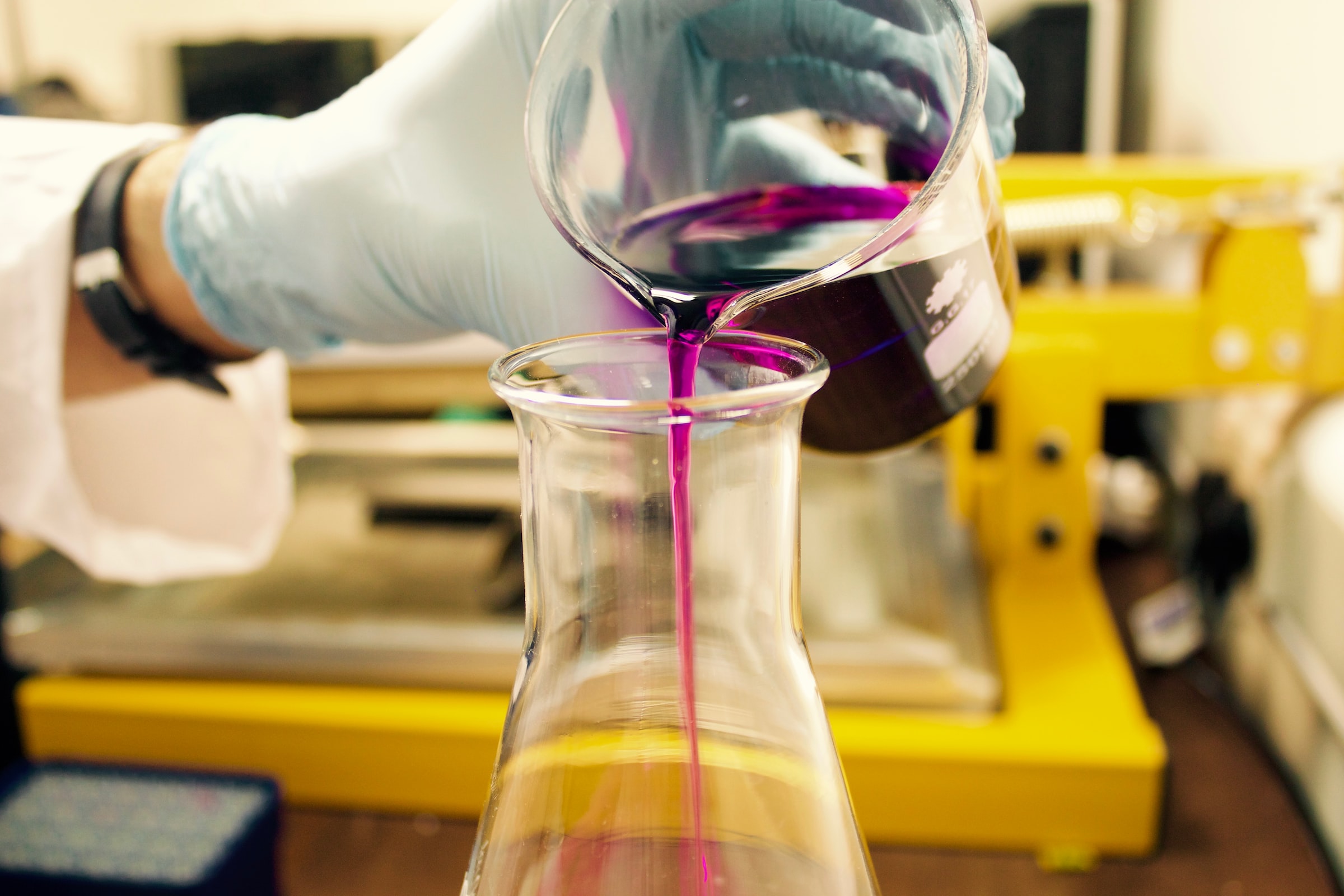In stark contrast to the status of many Muslim nations today, the medieval Islamic empire was at the forefront of knowledge for hundreds of years while Europe was trapped in the Dark Ages. But the reality is that muslim scienceis changing.
Muslim Science In The World
A fifth of the world's population, or more than a billion Muslims, live in countries other than the 57 that make up the Organization of the Islamic Conference (OIC), where Islam is the state religion.
These nations range from some of the richest, like Saudi Arabia and Kuwait, to some of the poorest, like Somalia and Sudan.
Even though the economies of some of these countries, like the Gulf States, Iran, Turkey, Egypt, Morocco, Malaysia, and Pakistan, have been growing steadily for a while, the Islamic world still seems behind the times when compared to the West in terms of science.
Many of these nations' leaders are acutely aware of how significantly technical advancements affect their economies, militaries, and national security.
Therefore, the argument that they need to make a determined effort in scientific research and development to catch up to the other knowledge-based civilizations throughout the world is frequently voiced.
In fact, many of these countries have put a lot more money into science and education in the past few years, and a few of them have been updating and reworking their national scientific infrastructures. You can follow the latest news on science development in islamic worldwith StationZilla.
Currently Available Research
A group of 20 sample OIC countries spent just one-seventh of the world average of 2.36% on scientific research between 1996 and 2003, according to data from the United Nations Educational, Scientific, and Cultural Organization (UNESCO) and the World Bank.
In addition, Muslim nations have a lower concentration of scientists, engineers, and technicians per 1,000 people than the global average of 40 and the industrialized world's 140. They each contribute only about 1% of the total number of scholarly papers published worldwide.
According to the Royal Society's Atlas of Islamic-World Science and Innovation, scientists in the Arab world, which includes 17 OIC countries, made 13,444 scientific publications in 2005. This is about 2000 fewer than the 15,455 publications made by Harvard University alone.
However, the level of fundamental scientific research in the Muslim world is of greater concern.
The relative citation index (RCI), which is the number of papers cited by a nation's scientists as a percentage of all cited papers, divided by its own share of all papers published, with all citations of its own literature excluded to avoid bias, is one way to gauge the international prominence of a country's published scientific literature.
As a result, a country's score will be 0.5 if it produces 10% of the world's scientific literature but only obtains 5% of all global citations.
Only two OIC countries—Turkey with 0.344 and Iran with 0.484—even appear in a 2006 league table of the world's top 45 countries rated by their RCI in physics, and only Iran exhibits a notable improvement between 1995 and 2003.
These simple facts demonstrate how far Muslim countries lag behind the rest of the world's scientists.However, there have been notable Muslim scientists, not the least of whom was the Pakistani theoretical physicist Abdus Salam (1926–1996), who envisioned an Islamic scientific renaissance.
The electroweak theory, one of the most potent and beautiful scientific theories, explains how two of the four fundamental forces of nature the electromagnetic force and the weak nuclear force are connected.
Salam, one of the greatest scientists of the second half of the 20th century, co-won the 1979 Nobel Prize for Physics with Sheldon Glashow and Steven Weinberg.
Salam was a devout Muslim, but Pakistan excommunicated him in the 1970s due to his unconventional religious beliefs and membership in the Ahmadis, a relatively obscure branch of Islam.
Nevertheless, he stayed devoted to his nation and toiled nonstop to advance science in the Islamic world. Salam, however, never saw his ideal come true, and he left behind the devastating accusation that "Of all civilizations on this planet, science is weakest in the lands of Islam.
The dangers of this shortcoming can't be overstated because, in the modern world, a society's ability to live honorably depends directly on its science and technology.
Required Reform
The outdated administrative and bureaucratic structures that many OIC countries received long ago from their colonial masters and have still not modernized are far more instructive than the claim that religious conservatism thwarts scientific advancement in the Muslim world.
This is made worse by a lack of political will to implement change, combat corruption, and improve failed educational institutions, systems, and mindsets. Fortunately, things are evolving quickly.
It is imperative to remind both Muslims and non-Muslims of a time when, while existing in quite different contexts, Islam and science were not in conflict.
This is crucial for the resurgence of science in the Islamic world and for laying the foundation for one of the many paths leading to a time when Muslims value scientific inquiry motivated by curiosity, just as they did more than a thousand years ago.
The obvious first step in achieving this is making a significant financial commitment. Numerous Muslim governments, from Malaysia to Nigeria, are currently investing quite astounding sums of money in new and exciting projects in an effort to establish world-class research institutions.
It has been repeatedly demonstrated that larger science budgets encourage greater scientific activity. For instance, the leaders of a number of Gulf States are constructing new institutions using Western labor for both the building phase and staffing.
But solving the issue with money alone is not enough. Possessing the political will to reform and promote genuine freedom of thought is much more crucial.
For instance, Nader Fergany, the lead author of the United Nations' 2002 Arab Human Development Report, has emphasized the importance of reforming scientific institutions, upholding people's freedoms of speech and association, ensuring all students have access to high-quality education, and hastening the shift to knowledge-based societies and the information age.
A Science Era Of Greatness
In the great centers of learning spread throughout the medieval Islamic empire, such as Baghdad, Cairo, Cordoba, and Samarkand, the most significant period of continuous scientific advancements occurred during the 1500 years between the time of the Ancient Greeks and the European Renaissance.
For instance, the first algebraic text, Kitab al-Jebr, which is where the name "algebra" comes from, can be found in Baghdad. It was a paradigm shift from the work of the Greek number theorist Diophantus and unlike anything previously seen.
Written by the mathematician al-Khwarizmi in the 9th century, it inspired numerous significant mathematical advances up until the Persian al-Kashi in Samarkand in the 15th century (who, among other accomplishments, calculated to 16 decimal places), before the Europeans once again took the lead in mathematics.
The Abbasid caliph al-Ma'mun established observatories in Baghdad and Damascus as well as a brand-new academy in Baghdad called the House of Wisdom.
The works of Greek scientists like Ptolemy that had been translated into Arabic by Muslim, Christian, and Jewish scholars of the Baghdad school were greatly improved by the huge scientific projects he helped fund.
People Also Ask
What Did Muslims Do For Science?
One of the most important things the Islamic world has given to modern science is the Arabic translation of writings in math, medicine, and astronomy from their original languages.
What Does Islam Say About Science?
Early Islamic scientists such as Al-Biruni and Al-Battani were inspired by Quranic verses.According to Mohammad Hashim Kamali, "scientific observation, experimental knowledge, and logic" are the main means by which mankind might realize the objectives outlined in the Quran.
What Did Muslim Scientists Invent?
Muslims are credited with the creation of coffee, windmills, carpets, soap, and the fountain pen. At the moment, there is an exhibit at the Museum of Croydon in south London that says Muslims invented everything, from surgical tools to the camera.
Conclusion
Arabic literature by experts like al-Razi (Razes) and Ibn Sina (Avicenna) would eventually replace the Greek works of Galen and Hippocrates in the libraries of medieval Europe due to advancements in anatomy and medicine.
Later European intellectuals like Roger Baconand St. Thomas Aquinas were affected by the philosophical writings of Ibn Sina and Ibn Rushd (Averroes).
More than 200 surgical tools were created by the Cordoban physician al-Zahrawi (Abulcasis), many of which are still in use today, including forceps and the surgical syringe.
Around this time, industrial chemistry also begins, with amazingly sophisticated scientific procedures replacing the chaotic practice of alchemy and pioneers like Ibn al-Haytham (Alhazen) making advancements in domains like optics that would not be matched until Newton. For more than a millennium, Arabic was the official language of science around the world.

